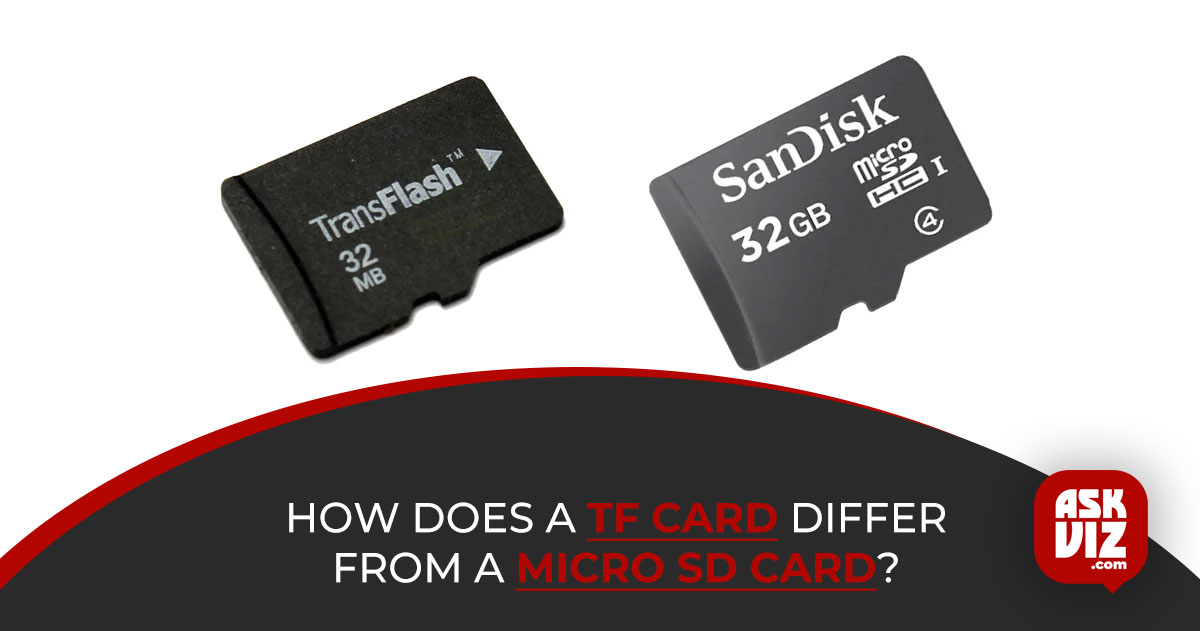Large data files and a wide range of applications may be stored on smartphones nowadays thanks to the increased storage capacity of TF cards. A micro SD card can be used to increase the amount of storage on many phones, which is another feature that many phones offer. However, as technology develops, more people are becoming interested in learning about TF cards and how they relate to contemporary SD cards. Less people are familiar with the older moniker for memory cards, TF, or Trans Flash. This post will define TF cards, outline the development of micro SD technology, and explain the differences between TF and micro SD cards.
TF Card and Micro SD cards
Large data files and a wide range of applications may be stored on smartphones nowadays thanks to their increased storage capacity. A micro SD card can be used to increase the amount of storage on many phones, which is another feature that many phones offer. However, as technology develops, more people are becoming interested in learning about TF cards and how they relate to contemporary SD cards. Less people are familiar with the older moniker for memory cards, TF, or Trans Flash. This post will define TF cards, outline the development of micro SD technology, and explain the differences between TF cards and micro SD cards.
Courses and Performance
UHS (Ultra-High-Speed) classes UHS-I and UHS-II were introduced, and this improved micro SD card performance tremendously. In addition, users can select micro SD cards that are capable of storing and running programs quickly and efficiently using the Application Performance Classes (APC), specifically A1 and A2. This is especially useful for Android smartphones.
Alert for Counterfeit Cards
Being on the lookout for fake goods has also become crucial and Benchmark Performance. Customers should check for recognizable markings and rely on verified retail channels to confirm the legitimacy of a micro SD card.
Latest Advancements
Producers such as SanDisk, Kingston, and Samsung keep pushing the boundaries, regularly revealing innovative improvements to their micro SD card offerings, making sure that the technology not only satisfies present requirements but also looks ahead to future needs.
Distinction Between Micro SD Card and Trans Flash
One notable difference between Trans Flash and micro SD memory cards—despite their striking similarities and frequent interchangeability—is that Trans Flash lacks support for SDIO mode, which permits auxiliary functionalities beyond simple storage like Bluetooth and GPS connections.
Micro SD and TransFlash cards were first offered in the more compact 16MB and 32MB capacities, but since 2014, they have been interchangeable. Cross-compatibility is ensured by the similar dimensions and standards shared by both card types. Although original TransFlash cards are no longer readily available, micro SD cards are still widely used and have become increasingly useful as technology has advanced. They are now essential parts of many contemporary products.
FAQS
Is a TF card and micro SD the same?
There are no differences between a TF card and a microSD card. You can use both interchangeably. For instance, if you happen to have a TF card lying around but your smartphone only supports microSD cards, you can use your TF card. It will work seamlessly because it supports the same standard.
Why do I need a TF card?
Many devices, especially smartphones and tablets, have limited internal storage space. By using a TF memory card, users can increase the available storage capacity and store more files, such as photos, videos, music, movies, documents, and applications.








